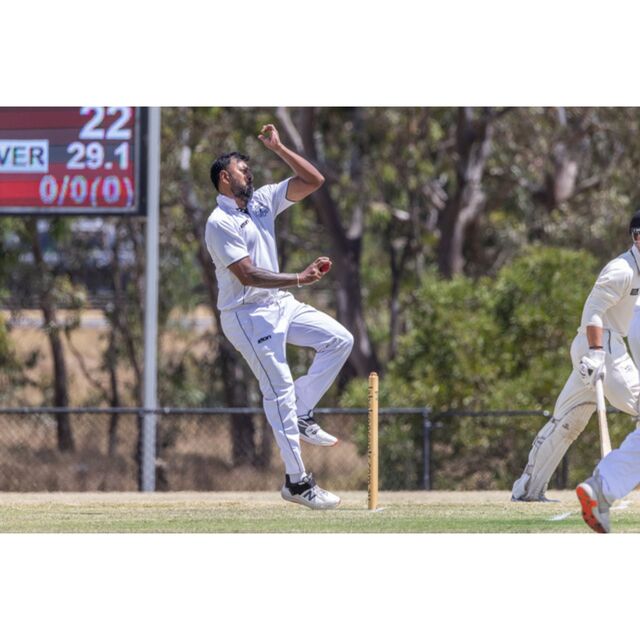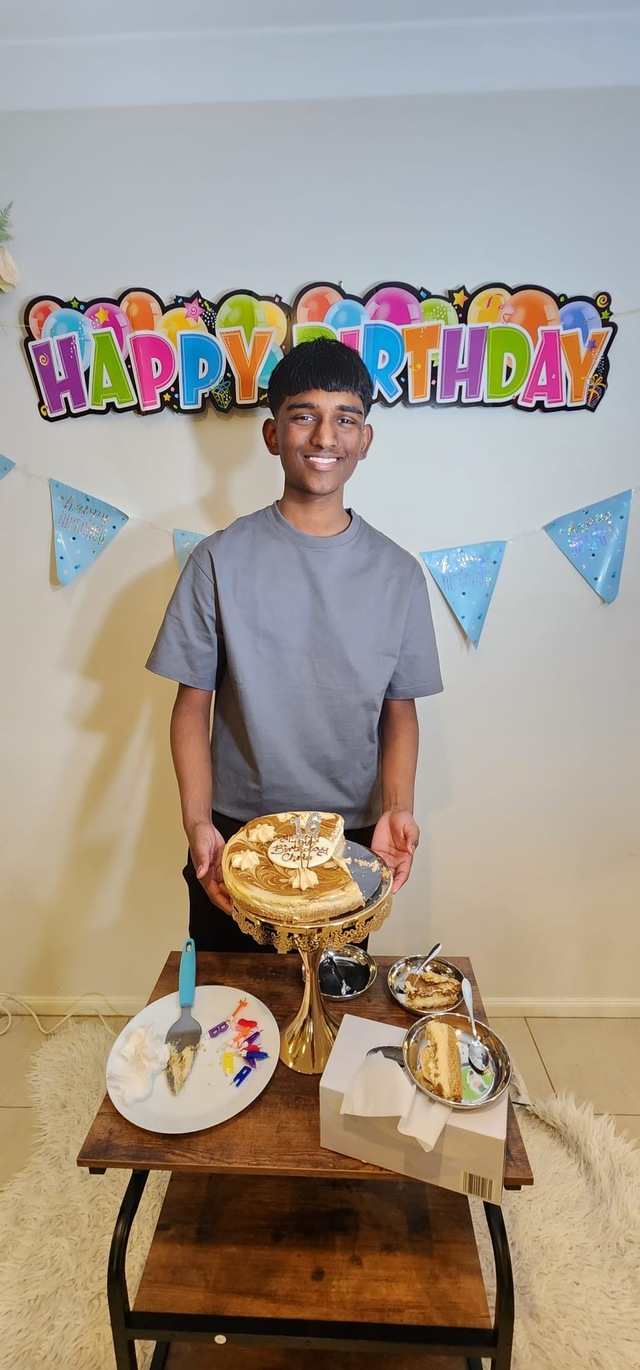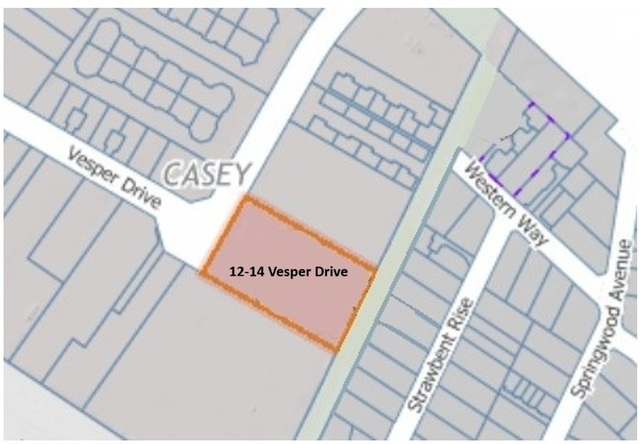A 24-year-old Hallam woman has been jailed for supporting a would-be overseas fighter for terrorist group Islamic State.
Hadashah Sa’adat Khan pleaded guilty in the Victorian County Court to providing support or resources to the terrorist organisation and to failing to comply with a police order for her mobile phone passcode.
In sentencing on 10 June, Judge Richard Maidment said Sa’adat Khan, as an 18-year-old, communicated online with an 18-year-old American man for five days in June 2016.
During that time, she advised him on how to enter Syria to join IS’s military fight against the Syrian government.
On 21 June, 2016 the man was intercepted by FBI agents in the USA prior to his trip.
Eighteen months later, Sa’adat Khan was first arrested by police, made “false denials” about her offending and was released without charge.
On 25 February, 2020, police re-arrested her, raided her home and seized a phone in her bedroom.
She claimed it was her mother’s phone and she didn’t know the passcode.
Videos and images extracted from the phone showed that Sa’adat Khan was supporting IS and its “violent jihad” ideology, Judge Maidment said.
The judge accepted her offending was “towards the lower end of the scale” of a “very serious” crime.
“It is always a very serious offence when anyone dabbles in terrorist activity,” he said.
According to her defence, her advice was “trite” – it was likely common knowledge gathered from third parties. The man had already bought his plane ticket to Morocco by that stage.
Her offending was not as serious as recruiting people, supplying weapons or providing significant funds, expert knowledge or tech support for a terrorist group.
Sa’adat Khan has been in custody since her arrest – while mainly under Covid restrictions.
She spent lengthy spells in solitary confinement and the “protection unit”.
In August 2020, while in custody, Sa’adat Khan exchanged letters with a female prisoner who committed a “terrorist” offence in prison. Sa’adat Khan was implicated but later exonerated.
Judge Maidment said there was no evidence that she was genuinely remorseful or on the path of deradicalisation.
They were still “live issues”, he said.
Her “guarded but by no means hopeless” rehabilitation prospects depended on her seeking help.
This included psychological treatment, counselling, family therapy, religious mentorship and pro-social networks.
Judge Maidment noted factors led to Sa’adat Khan being susceptible to radicalisation at a young age.
Sa’adat Khan’s defence lawyer argued they stemmed from her isolation.
Born in Afghanistan, her family fled war to settle in Dandenong North when she was 9. She’d been traumatised by events while in Pakistan as a child.
With little English, she had few friends and endured bullying at school.
After Year 10, she stayed home to help her mother and withdrew from her local community.
She found “solace” and “comfort” online from Muslims of similar age, who fueled her support for IS’s “hostile” activities and extremist ideology.
Her defence argued that she assisted the US would-be fighter in order to impress and endear herself to him.
Judge Maidment noted she had no prior criminal record, her early guilty plea, and her age.
She was also at greater risk of harm to her mental health while in prison.
Sa’adat Khan was jailed for up to two-and-a-half years with a non-parole period of one year and 11 months.
Her term includes 836 days already served in pre-sentence custody.

















